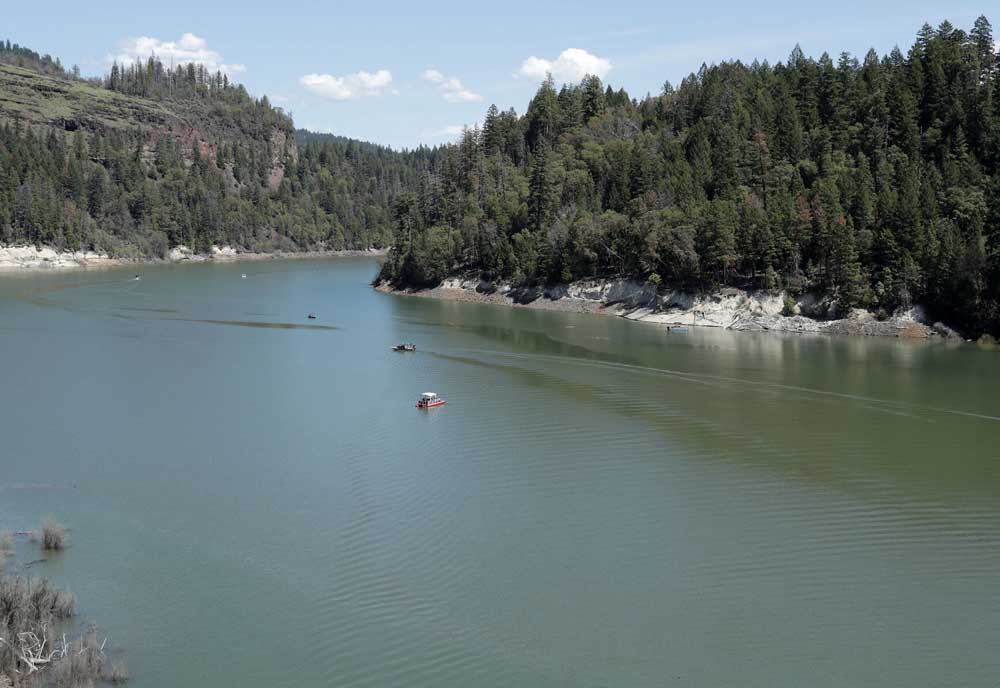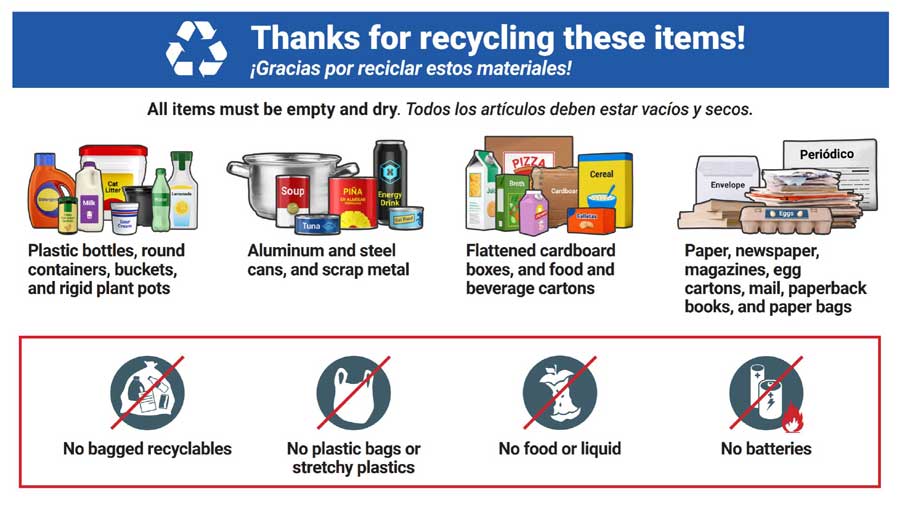Recreational use advisory lifted for Lost Creek Lake
Published 3:10 pm Tuesday, July 1, 2025

- Lost Creek Lake. Rogue Valley Times file photo
The Oregon Health Authority has lifted the recreational use health advisory issued for Lost Creek Lake in Jackson County.
A precautionary advisory was posted June 13, followed by an upgraded advisory on June 24.
advisory was initially issued by OHA June 24 for high levels of cyanobacteria (harmful algae).
Water monitoring has confirmed that the level of cylindrospermopsin — a specific kind of cyanobacteria — in Lost Creek Lake is below recreational guideline values for people.
OHA advises visitors to the lake to remain alert to signs of cyanobacteria blooms, as blooms can develop and disappear on any body of water at any time when bloom conditions are right.
Not all bodies of water in Oregon are monitored for blooms and toxins. OHA recommends familiarizing yourself with the signs of a toxic algae bloom, exposures and symptoms by visiting their website on cyanobacteria blooms at healthoregon.org/hab
See previous coverage below.
The Oregon Health Authority issued a recreational use advisory for Lost Creek Lake due to the presence of potentially harmful algae June 24.
The agency is discouraging swimming and boating in waters where algae bloom are present, as well as discouraging eating fish caught in those waters, according to a news release.
Cyanobacteria blooms are naturally occurring algae blooms but contain bacteria that can produce toxins that can cause serious illness in people, and illness or death in animals, which are more sensitive.
State officials first posted a precautionary advisory June 13 after a dog death was reported following exposure to water in Lost Creek Lake along Highway 62 near Trail.
Warm weather and nutrients in the water can cause bacteria to multiply rapidly, forming a “bloom.”
The upgraded advisory posted Tuesday to the state website directs recreational users to “avoid swimming and high-speed water activities, such as water skiing or power boating, in areas of the reservoir where blooms are present, as the major route of exposure is ingestion of water.”
Boating is considered safe as long as speeds do not create excessive water spray, which could lead to the risk of swallowing or inhaling cyanotoxins.
Drinking water directly, or through water systems that draw from the lake, should be considered especially dangerous. Toxins cannot be removed by boiling, filtering or treating water with camping-style filters.
Children and pets are at increased risk for exposure because of their size and level of activity and should be prevented from being in or ingesting water in which algae bloom is present, state health officials advise, regardless of whether or not a recreational use health advisory is in effect.
Exposure to cyanotoxins can be serious and cause a range of symptoms ranging from stomach cramping, diarrhea, nausea and vomiting to more serious conditions including numbness, tingling, dizziness and shortness of breath. Dogs can experience weakness, difficulty walking, seizures, lethargy, loss of appetite, vomiting, diarrhea, and more. If a dog exhibits symptoms, veterinary treatment should be sought as quickly as possible.
Fish caught from areas where cyanobacteria blooms are present may pose unknown health risks, so OHA recommends not eating fish from those areas.
For additional information, contact the Oregon Health Authority, 971-673-0482, or visit the agency website.










